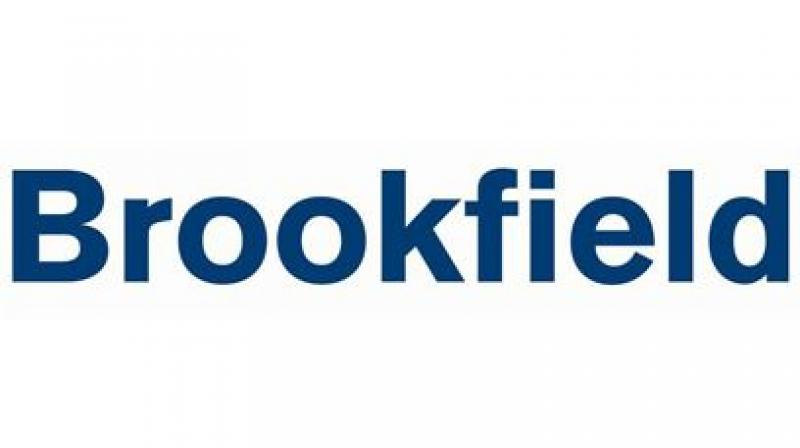Brookfield plans big play in PE space
An ethos of collaboration is deeply rooted in the 120-year-old Canadian firm and permeates its open-floor offices worldwide, top executives say.

New York: Brookfield Asset Management Inc. aims to build a private-equity juggernaut with a distinctly non-Wall Street feel.
An ethos of collaboration is deeply rooted in the 120-year-old Canadian firm and permeates its open-floor offices worldwide, top executives say.
“It’s the opposite of an eat-what-you-kill mentality,” Ron Bloom, a Managing Partner in Brookfield’s private equity group, said in an interview at Bloomberg’s headquarters in New York. “Collaboration is the norm. People who aren’t willing to work collaboratively just don’t like it.”
That culture is getting tested as the Toronto-based company sets out to transform its $42 billion private-equity business, now its smallest, into a giant. Brookfield, which also has real estate, infrastructure and renewable energy divisions, added to its quiver by agreeing earlier this month to buy Oaktree Capital Group, mostly a credit shop.
In the Canadian firm’s build-out of its traditional buyout business, it’s squaring off against several rivals with more than $60 billion each dedicated to private equity as of the fourth quarter.
Cyrus Madon, who Heads Brookfield’s private equity, says he expects his division to eventually rival any other at the company. Real estate is the largest, with $188 billion in assets.
For the build-out, Madon can commit capital from Brookfield’s balance sheet, raise outside money and tap more than 180 professionals in North and South America, Europe, Australia, India, China and Japan to help make acquisitions.
Brookfield victories in a number of competitive deals have helped raise its profile as well, Madon said.
It won the bidding for the car-battery division of Johnson Controls International Plc in November for $13.2 billion.
As Brookfield expands its buyout business, Madon says, it’s particularly interested in places like Brazil or India, where companies are forced to sell assets to pay down debt.
—Bloomberg

